Franklin Mosher Baldwin Memorial Fellowships are awarded to graduate students who are from developing countries and would like to pursue training and/or education abroad. In providing this opportunity The Leakey Foundation hopes to equip these scholars with the knowledge and experience necessary to assume leadership positions in their home countries where there often exist extraordinary resources in the field of prehistory.
The Baldwin Fellowship was established in 1978, and its track record speaks for itself. Baldwin Fellows such as Zeresenay Alemseged, Berhane Asfew, Mzalendo Kibunjia, Jackson Njau, Agazi Negash, Emma Mbua and Fredrick Manthi (to name only a few) have gone on to productive and influential careers in the fields of paleoanthropology and primatology.
Here are the three returning Baldwin Fellows for our spring 2017 cycle:
Kennedy Oginga (Kenya)
Mr. Oginga has a BS degree in analytical chemistry from Kenyatta University. He has been accepted into the master’s program in the Department of Geology under the sponsorship of Daniel Peppe. Last year he was nominated for a 3-month training at Turkana Basin Institute. At TBI he studied human evolution, archaeology, ecology, paleontology and geology. At Baylor his research will focus on using paleosols to reconstruct the paleoenvironment of early Miocene sites in Western Kenya. He will present his work on the paleoclimate and paleoenvironment of an early Miocene site in Kenya (Koru) at the poster session at the AAPA this month in New Orleans.
Vidrige Kandza (Republic of Congo)
Mr. Kandza is in the master’s program at the Max Planck Institute in Leipzig. He has been working under the supervision of Karline Janmaat to pursue his research on food selection of the Mbendjele Yaka children foraging in a tropical rainforest. He intends to continue his studies as a PhD candidate and return to teach at the new Science University in Brazzaville.
Terry Mwanache (Tanzania)
Ms. Mwanache has a BA in archaeology and heritage management from University of Dar es Salaam. She has been accepted into the Master’s program at Colorado State University sponsored by Michael Pante. She has worked as a field and lab assistant with the Olduvai Geochronology and Archeology Project and hopes to use the zooarchaeological and paleontological record of Olduvai to broaden our understanding of the evolution of the Pleistocene landscape and its influence on hominin behavior and evolution. At CSU this past year she acquired laboratory experience in bone identification and analysis, recording and documenting of archaeological materials, which she plans to apply to the conservation and preservation of archaeological materials through job opportunities in the Ministry of Antiquities in Tanzania. She expects to receive her Master’s degree this year.
Here are the four new spring 2017 Baldwin Fellows
Tengenu Gossa Aredo (Ethiopia)
Mr. Aredo has a Master’s degree in archaeology from Addis Ababa University. He is currently enrolled in a PhD program at the Hebrew University of Jerusalem under the supervision of Erella Hovers. He has been working at the early Acheulian site of Melka Wakena in Ethiopia in an attempt to understand behavioral patterns of the toolmakers. After completion of his studies, he plans to return to Ethiopia to either teach in a university or work with ARCCH to promote and conserve the Ethiopia’s paleoarcheological heritage.
Alexander Titan Kabelindde (Tanzania)
Mr. Kabelindde has been accepted in the PhD program in archaeology at University College of London. He has been working at Olduvai Gorge under the supervision of his advisor, Ignacio de la Torre. At Olduvai, he hopes to shed light on the technological behavior of Homo erectus not only by participating in new fieldwork but also by analyzing the lithic assemblages from Beds III/IV. Upon completion of his degree, he plans to continue research in Archaeology in Tanzania
Himani Nautiyal (India)
Ms. Nautiyal is enrolled in a PhD program at Kyoto University’s Primate Research Institute under the supervision of Michael Huffman. Her fieldwork is with a little-studied species of Central Himalayan langurs living in a remote, high altitude Himalayan valley in northern India. Her focus is on male reproductive strategies and on the importance of female mate choice in influencing male reproductive success. She was awarded a National Geographic Young Explorer Grant in 2016.
Negin Valizadegan (Iran)
Ms. Valizadegan is a second-year doctoral student in Biological Anthropology at the University of Illinois at Urbana-Champaign. Her advisor is Jessica Brinkworth. The focus of Ms. Valizadegan’s research is the evolution of immune systems and microbe-host interactions in primates. She is interested in the interactions between beneficial microbes and their hosts to see how these interactions have led to adaptations between primates and their microbiota. Her goal is to become a university professor in Iran.


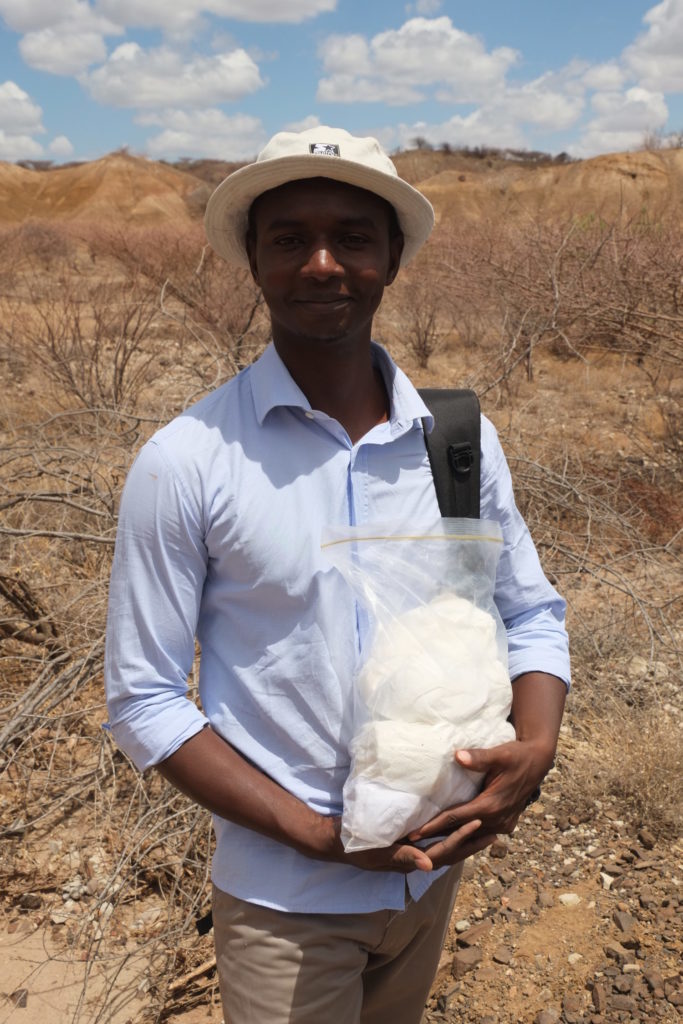
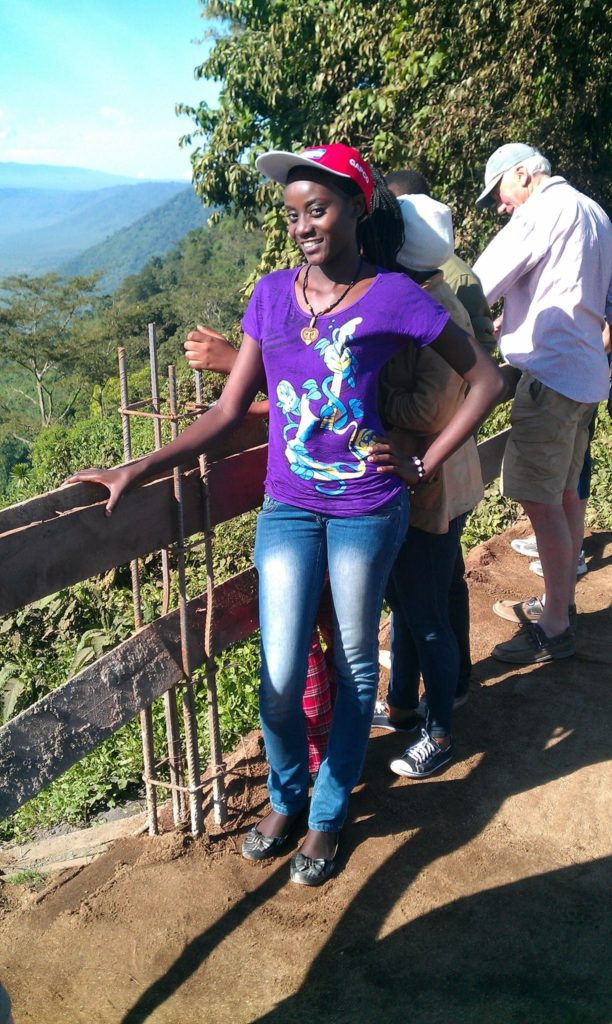
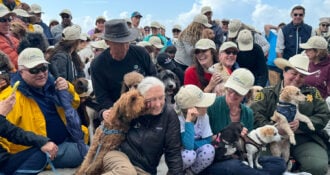
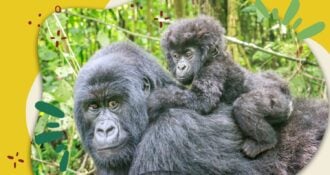

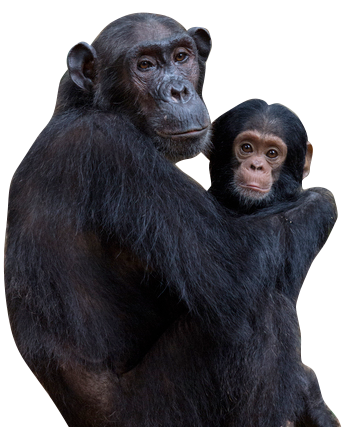
Comments 0